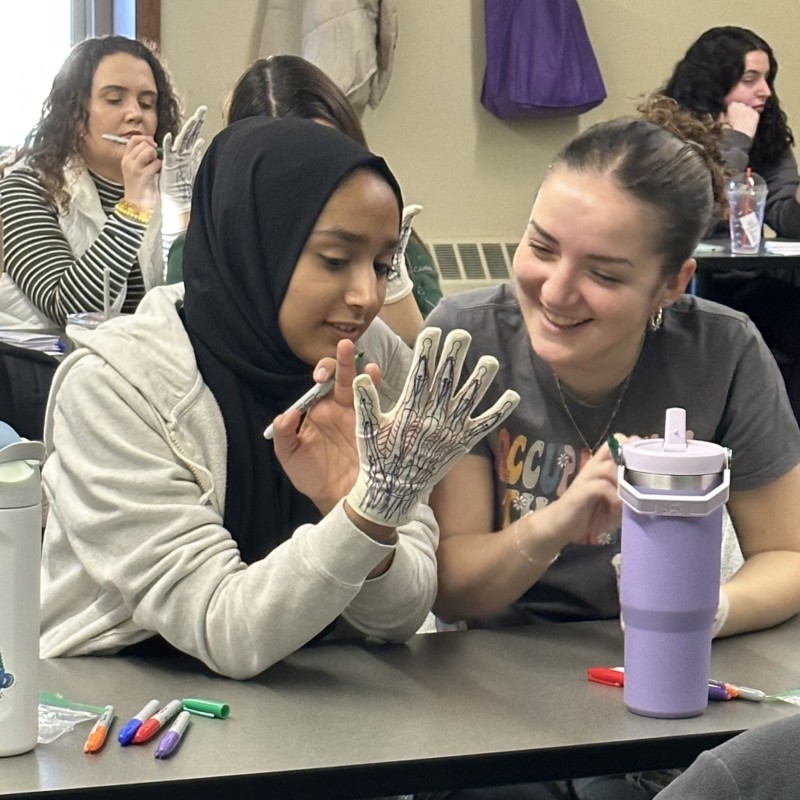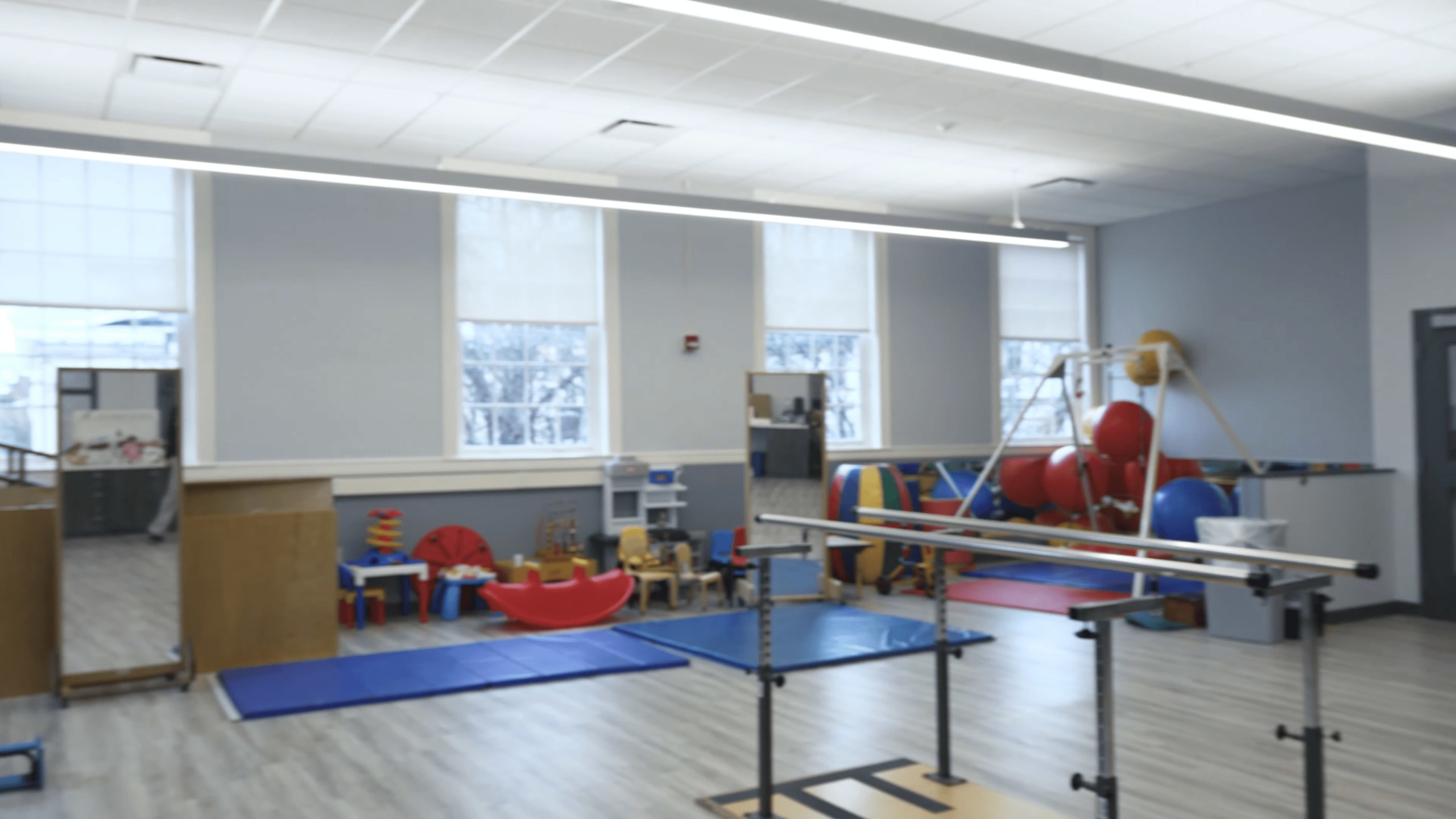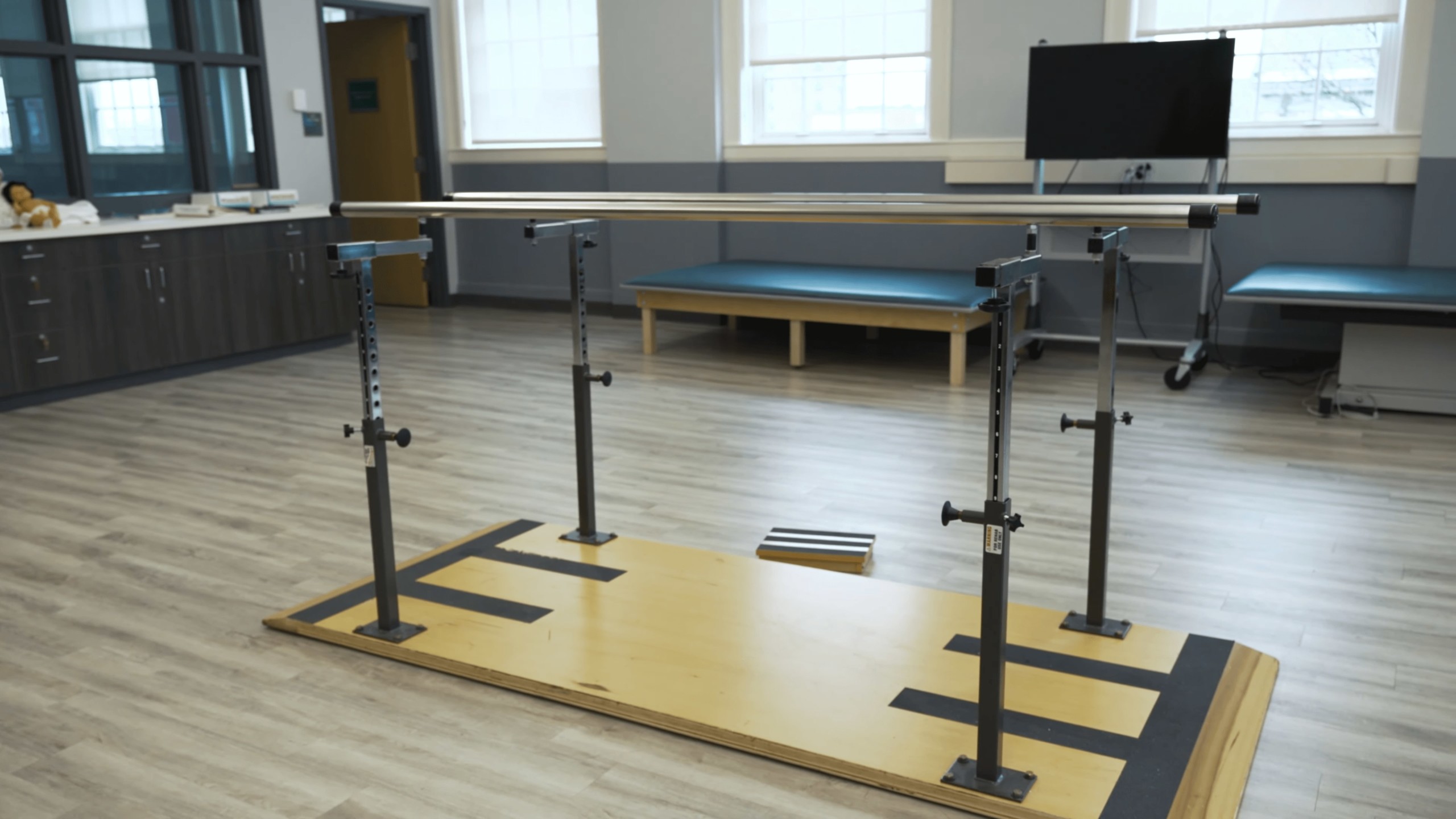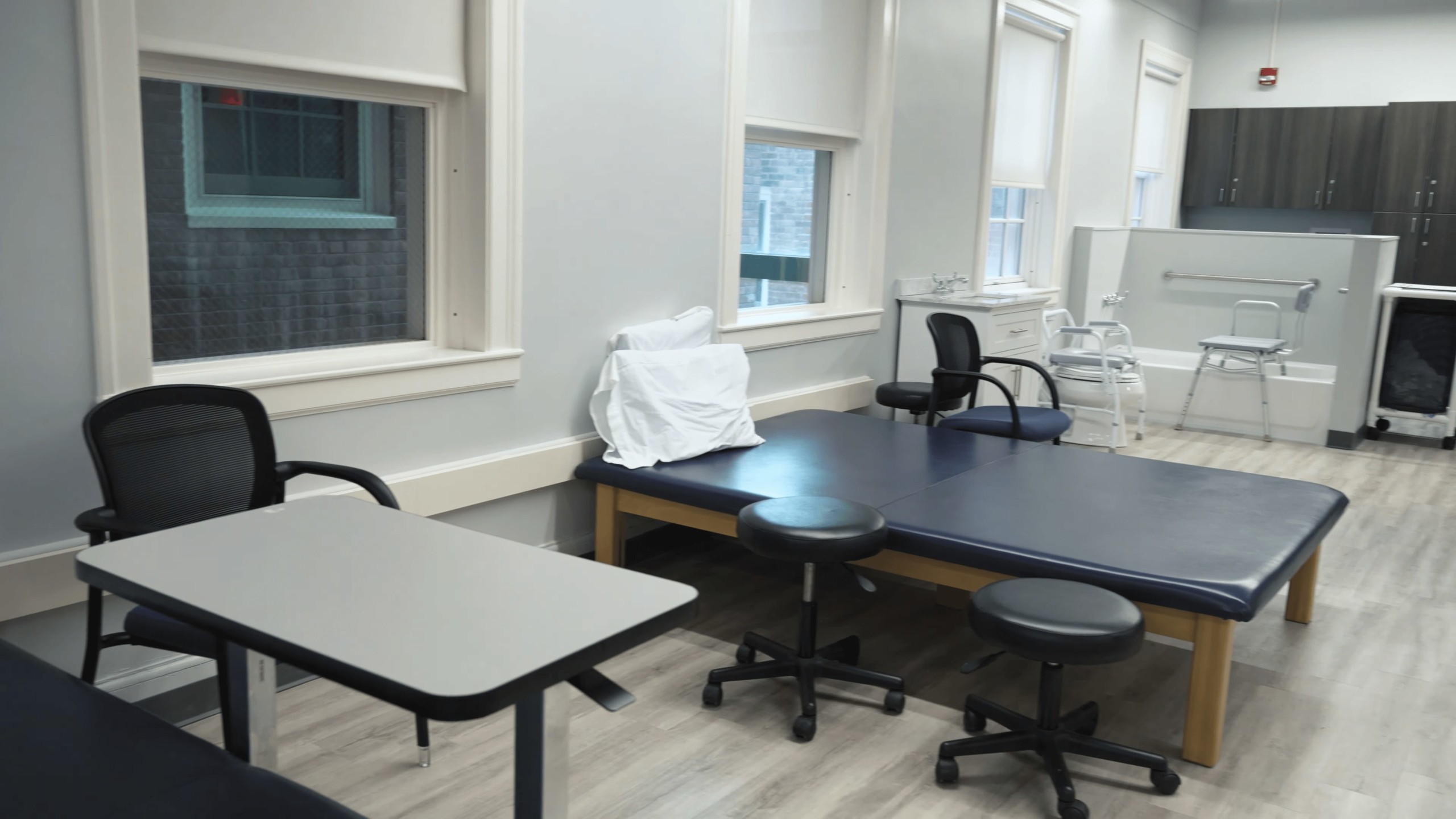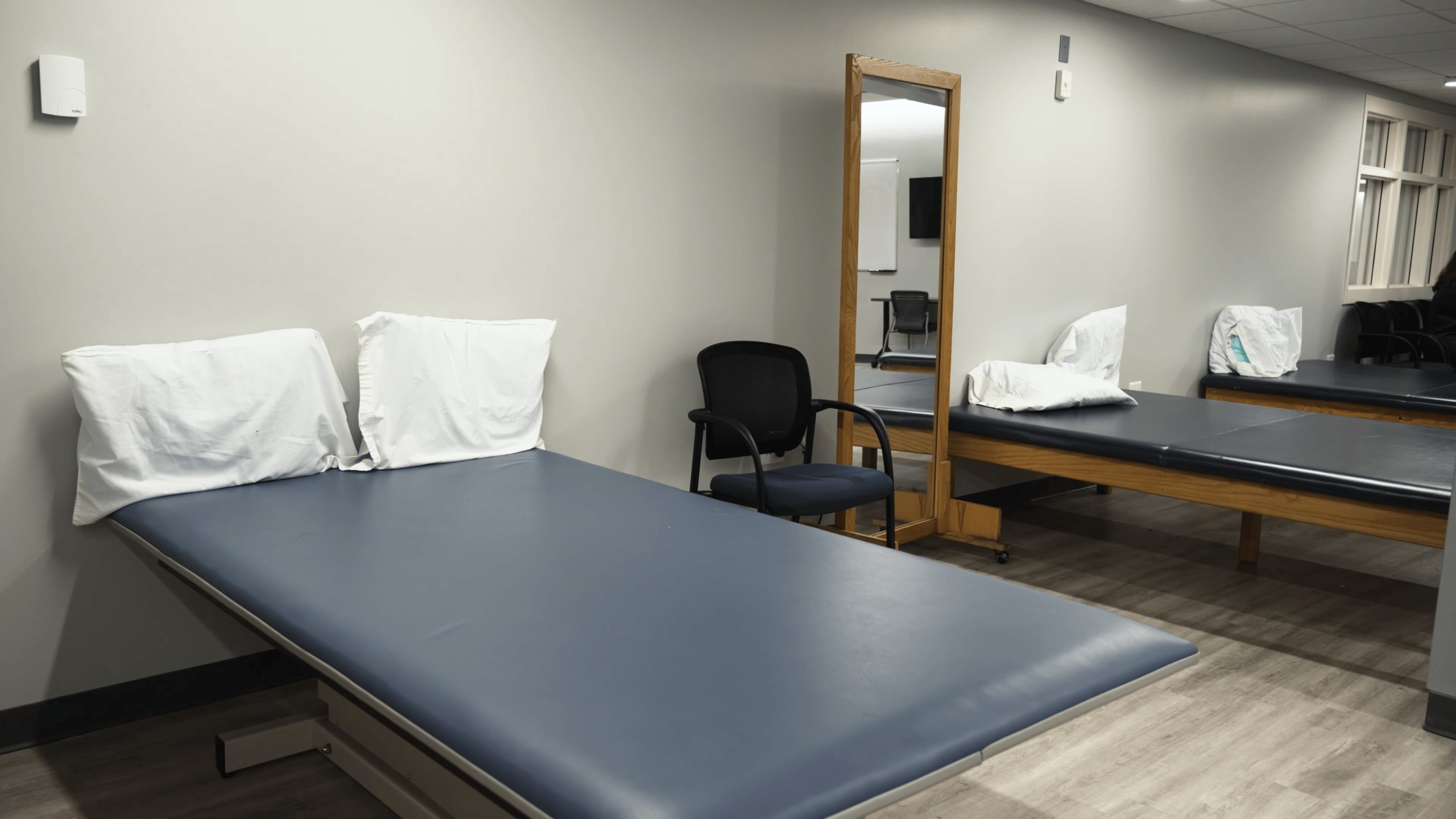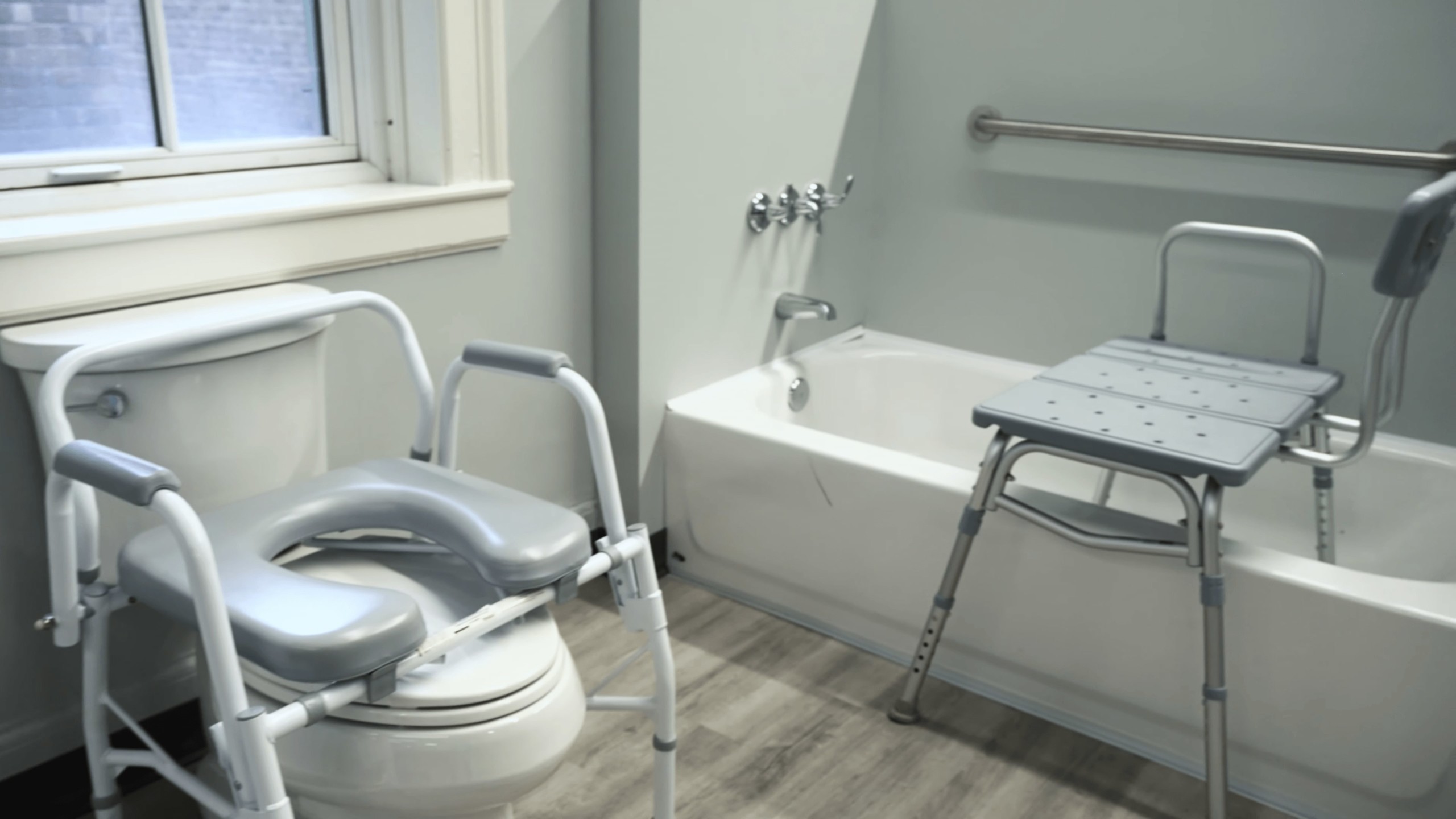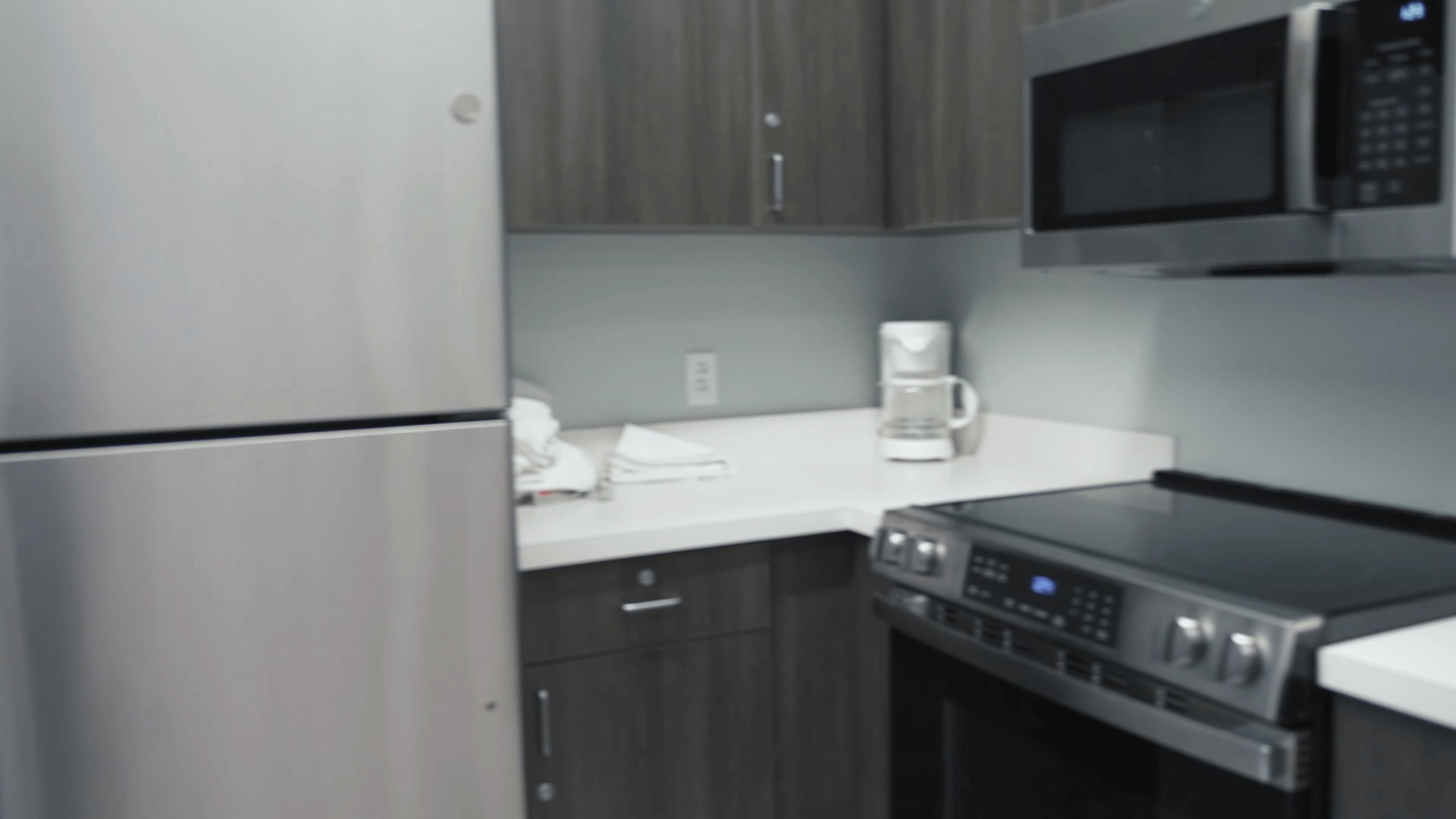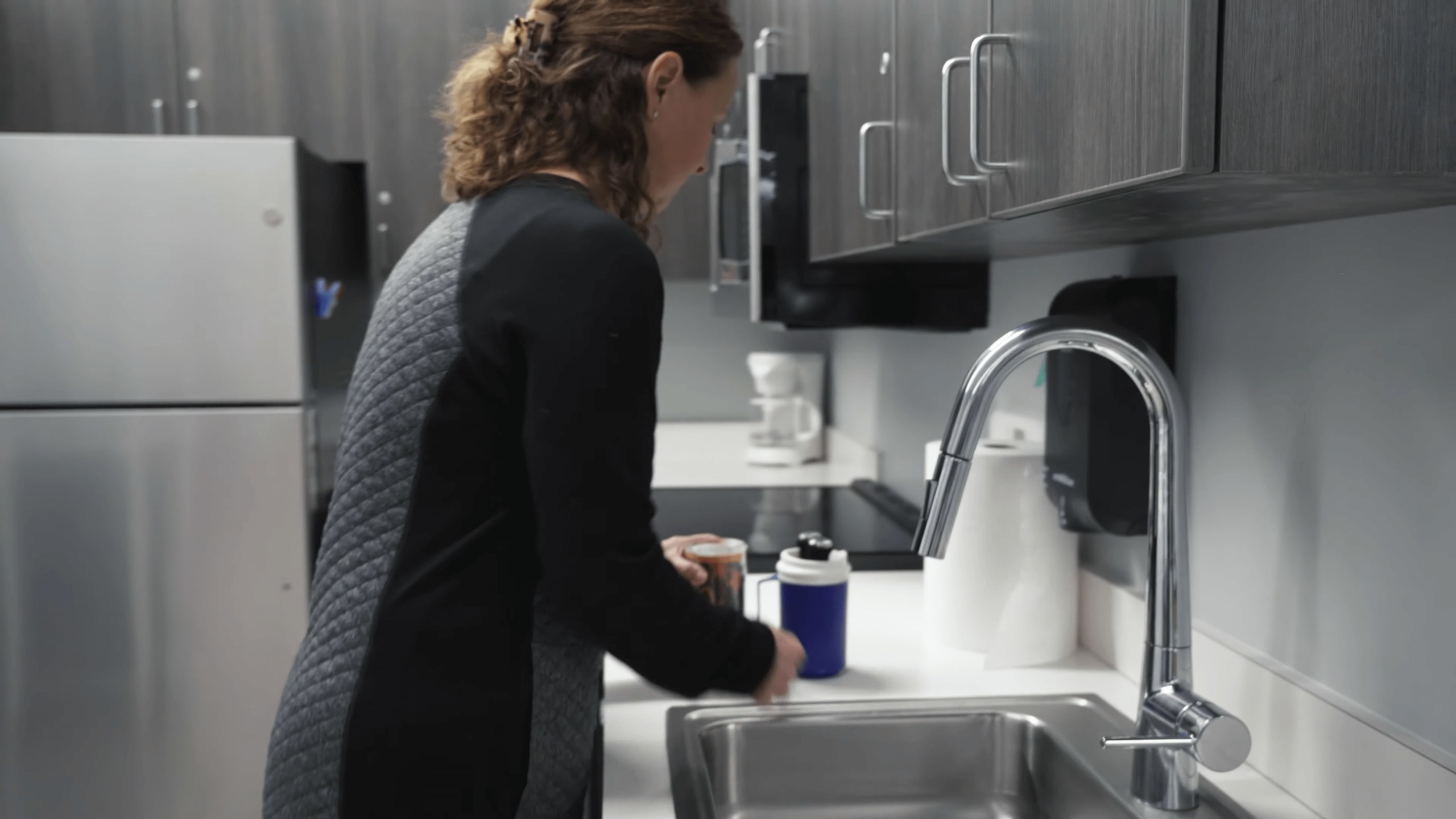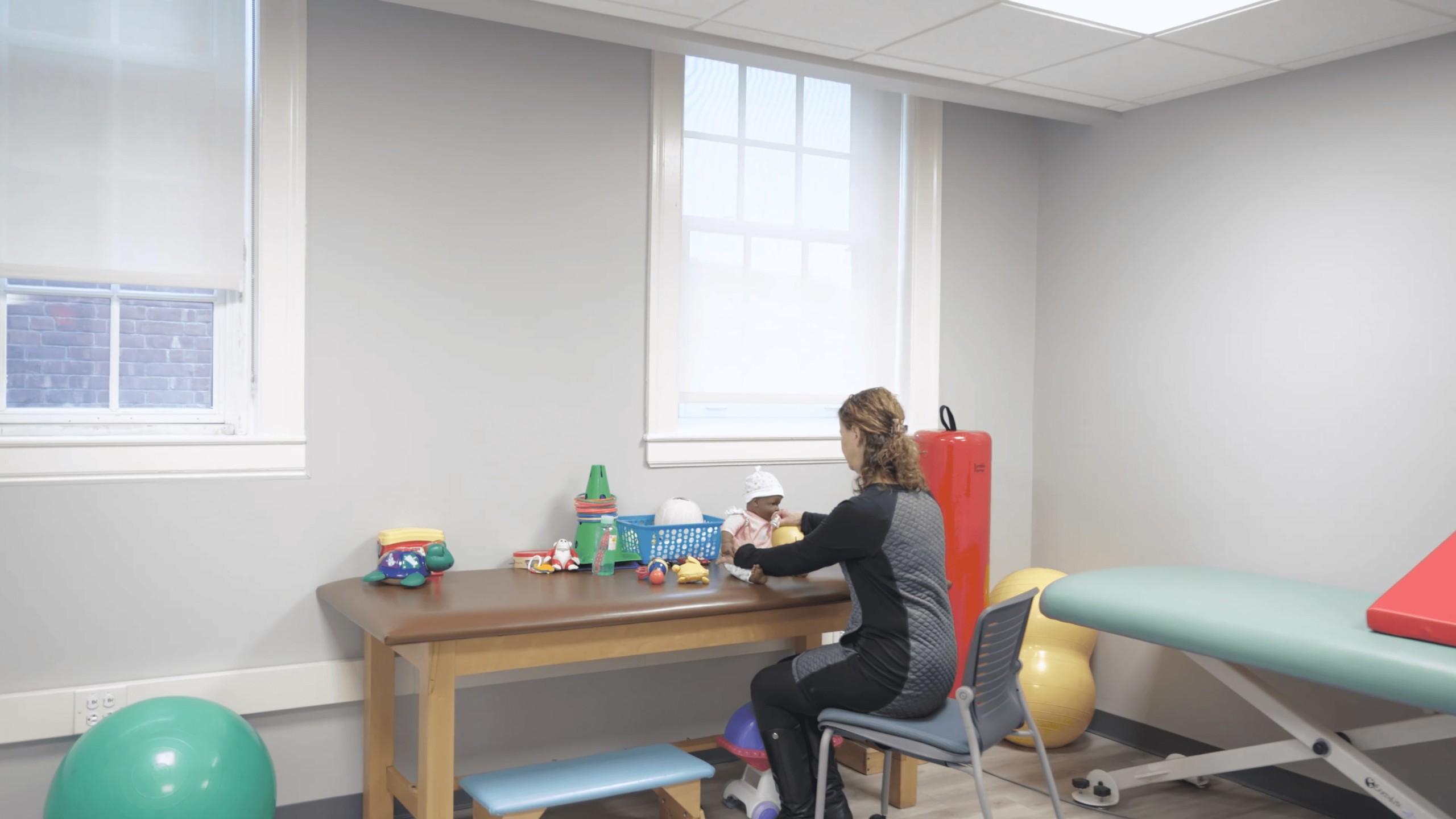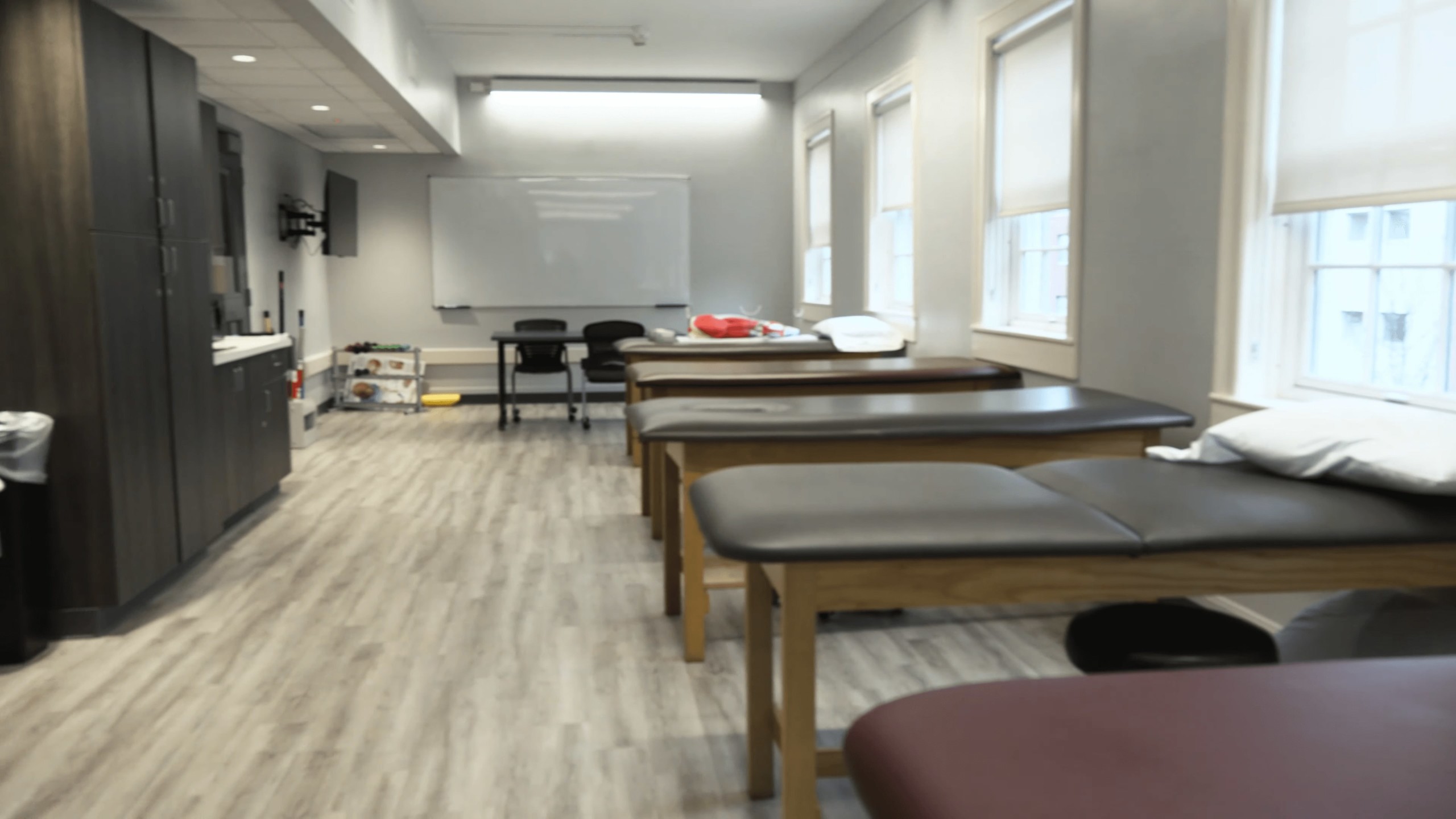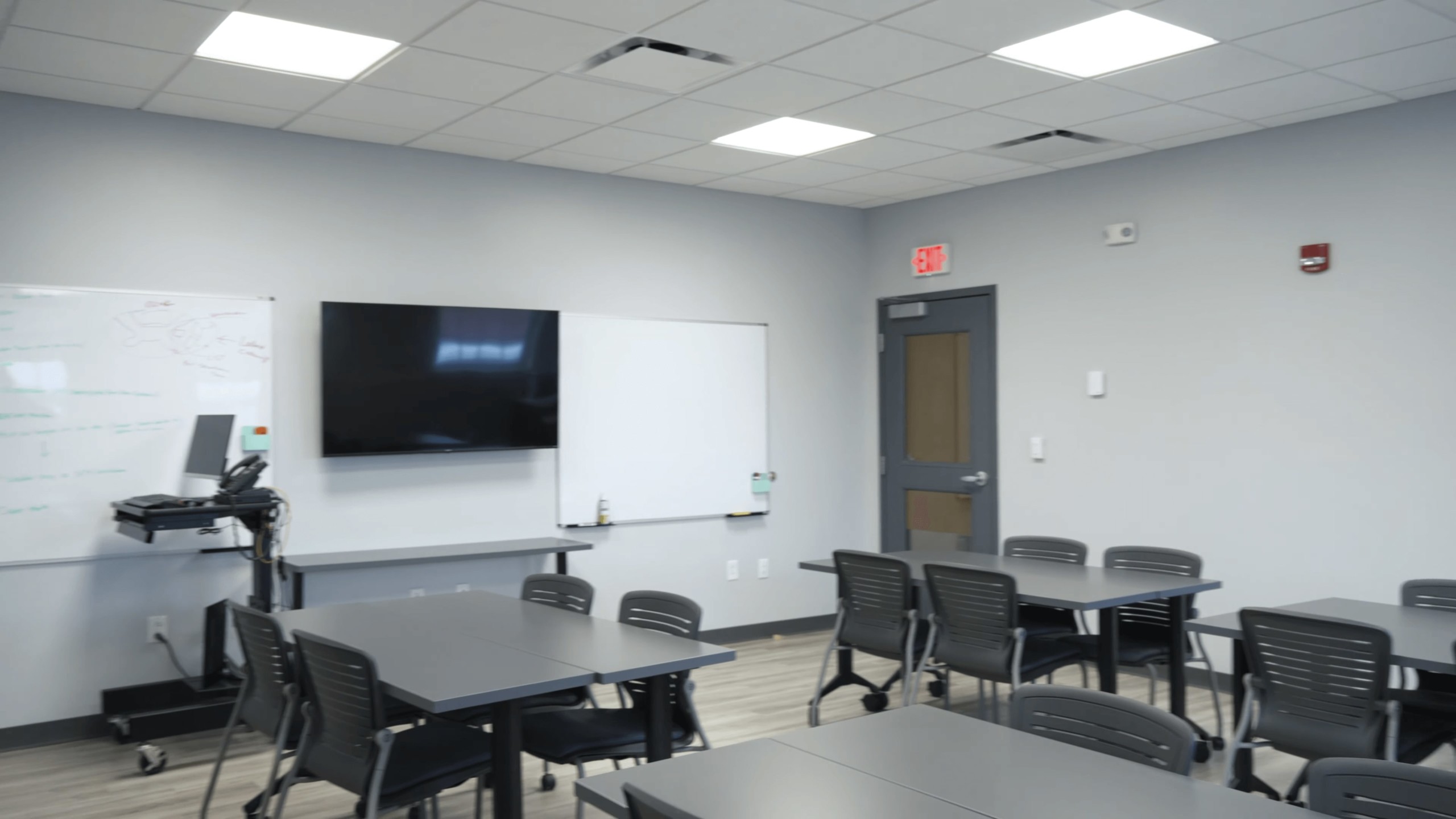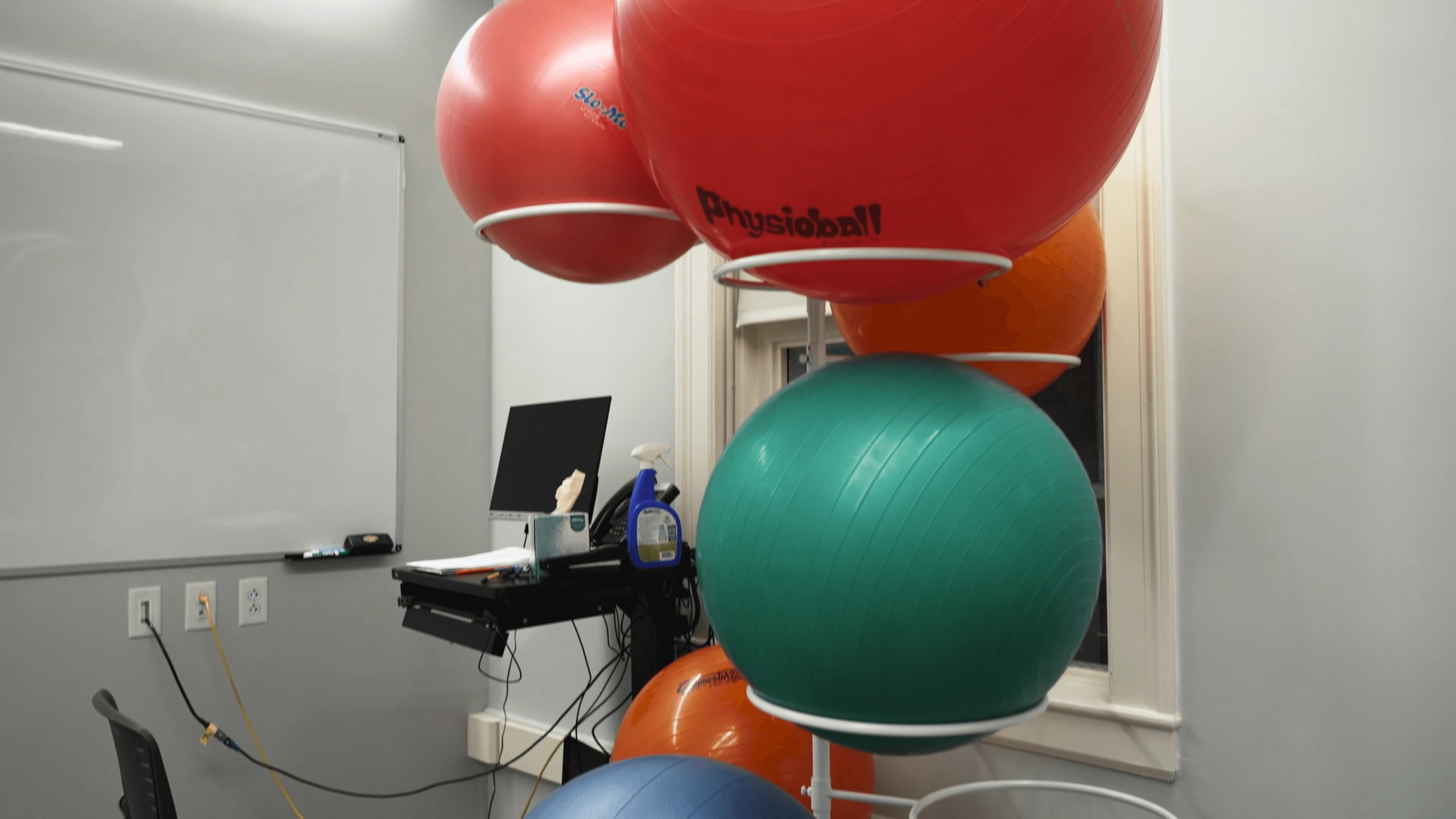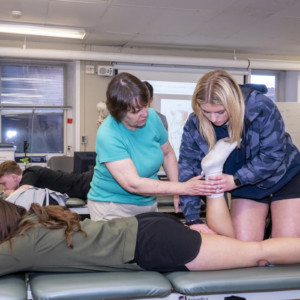
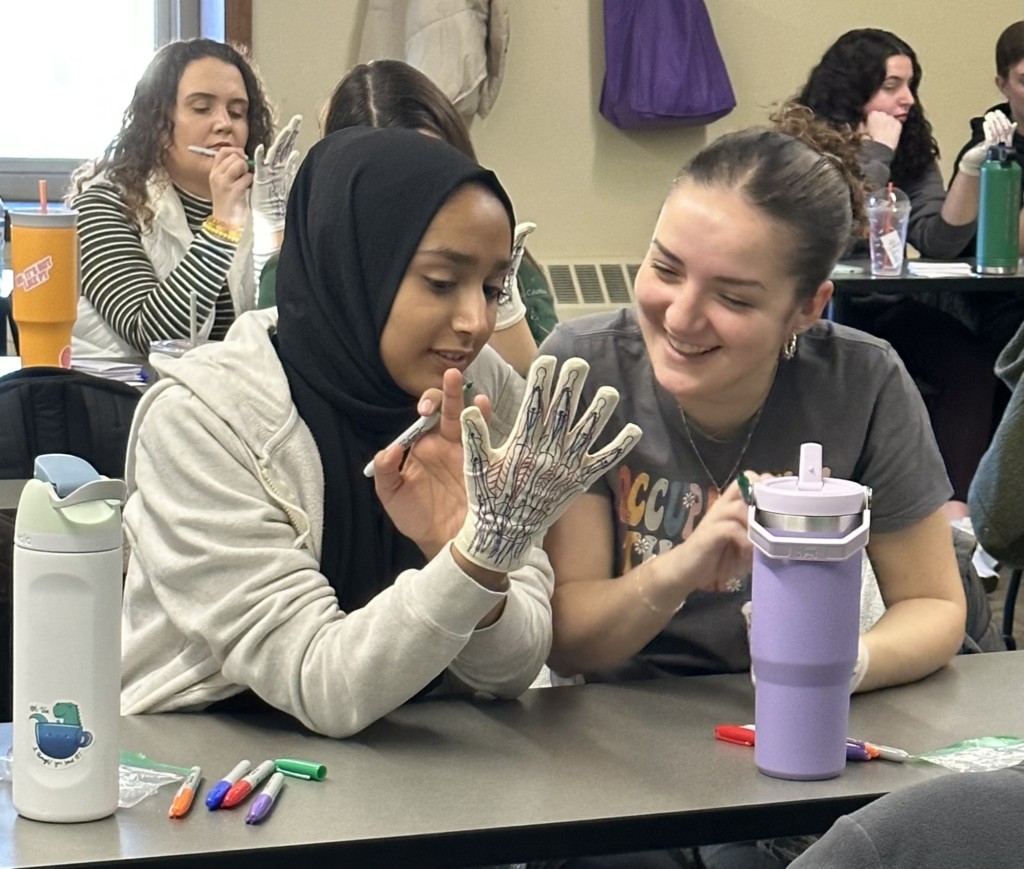
Help people. Work in a variety of settings.
With a master’s in Occupational Therapy, you’ll help individuals who are recovering from an illness or an injury to return to activities that are important to them. Occupational therapists work with people of all ages, from infants to the elderly, in patients’ homes, hospitals, rehabilitation centers, nursing homes, schools, private practice and community agencies.
Tuition & Fees
72 credits
$980 per-credit
$3,940 Graduate Assistantships available per semester
(enrolled in a minimum of 6 credits per semester)
Length & Format
24 months
to graduate, if full-time
In-person
program delivery
About The School of Health Sciences
Russell Sage College is the region’s premier institution for health professions, offering the most comprehensive range of undergraduate and graduate programs.
Specialties in our Occupational Therapy master’s program
Find all of the following distinctions at an institution recognized for its Health Sciences programs, giving you lots of interaction with other healthcare fields, which you will ultimately engage with as a professional who make a difference in your community.
Related Occupational Therapy Programs
Practice in State-of-the-Art Facilities
Hone your skills in our new Occupational and Physical Therapy lab spaces, which opened in the John Paine Building in fall 2024. The renovation included a new pediatric lab, adult rehabilitation lab, upper extremity lab, and seminar and study rooms.
Course Requirements
Credits and Completion
Beginning fall 2024, students can complete the 72-credit program in just two years, including a research project and six months of full-time fieldwork.

Our occupational therapy master’s comes with a deep, Russell Sage-level of support from an assigned faculty advisor who works with you to ensure your success.
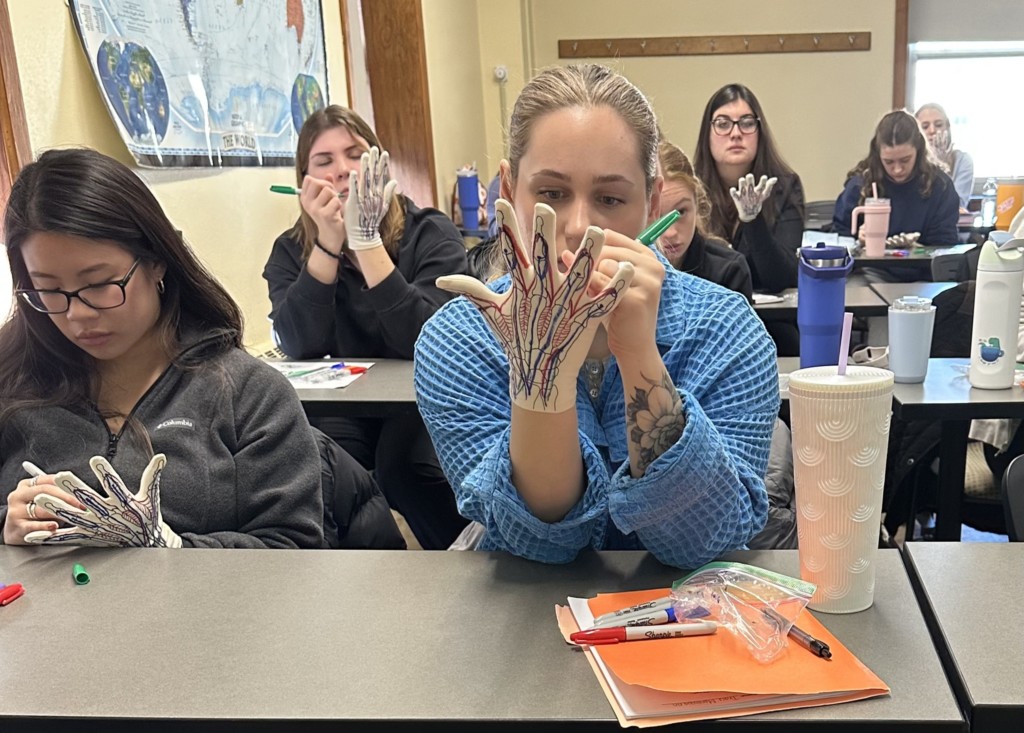
Your Future Career with a Master’s in Occupational Therapy
Upon completing your Occupational Therapy graduate program, you’ll be eligible to take the certification exam administered by the National Board for Certification in Occupational Therapy, which leads to national certification and eligibility for state licensure.
Sage graduates work in hospitals, rehabilitation centers, nursing homes, schools, private practice and community agencies across New York state and around the country.
Recent employers include Albany Medical Center, St. Peter’s Health Partners, Capital District Beginnings, Anderson Center for Autism, United Health Services, and Metro Therapy.
$96,370
median annual wage in May 2023
11%
growth in employment opportunities expected from 2023 to 2033 above the average for all occupations
Learning Experience
Fieldwork
As an OT master’s degree candidate, you will work therapeutically with clients under the supervision of licensed occupational therapists during five fieldwork experiences: three multi-week placements in clinical and simulated settings connected with your first- and second-year coursework, and two full-time, 12-week experiences with responsibilities leading to those of an entry-level occupational therapist.
More than 400 clinical sites throughout the country host students from our OT graduate program for fieldwork experiences.
Research
You will also conduct original research under a faculty mentor and may be eligible for research funding from Sage’s Broughton Graduate Fellowship. Recent Broughton Fellows have investigated 3D hand modeling for splinting scleroderma patients, women’s maternal health, the impact of integrated play interventions on social skills, and recommended sensory room features for an agency serving people with disabilities. Students have presented their research at American Occupational Therapy Association and New York State OT Association conferences and Sage’s Graduate Research symposium.
Networking
Sage’s Health Sciences programs stress interprofessional education and create opportunities for future occupational and physical therapists, nurses, dieticians, mental health professionals, and others to learn together, in preparation for roles on interprofessional health care teams.
The Occupational Therapy program has a leadership role in annual interprofessional conferences, which attract hundreds of health sciences students from Russell Sage and other colleges.
We also have an award-winning chapter of Pi Theta Epsilon, the national honor society for Occupational Therapy students.
Master’s in Occupational Therapy Alumni Spotlights
Meet the successful students and alumni of our occupational therapy master’s program.
After his first year of college, Zachary Secor was employed at a summer enrichment program where he was assigned to …
Sometimes the apple really doesn’t fall far from the tree. Sage student Rebecca Jackson’s mother is an occupational therapist and …
When Kade Collins was a boy, like many young kids he had a sensitivity to wearing certain types of clothing. …
In 2022, Giovanna Fichera became one of the first students to earn a clinical doctorate in Occupational Therapy from Russell …
Sarah Tuzzolo has a very personal reason for wanting to become an occupational therapist. When she was growing up, her …
Admission Information
MSOT Tuition and Fees
| Cost of Attendance Master of Science in Occupational Therapy Program FA 2024-SU 2025 | |||||||||
| Year 1 | Total Yr 1 | Year 2 | Total Yr 2 | Program total | |||||
| Fall | Spring | Summer | Fall | Spring | Summer | ||||
| # Credits | 17 | 16 | 14 | 15 | 5 | 5 | 72 | ||
| Cost per semester | 16575 | 15600 | 13650 | 45825 | 14625 | 4875 | 4875 | 24375 | $ 70,200 |
| Student Fees/yr | 850 | 850 | $ 1,700 | ||||||
| Supplies & Book/yr | 750 | 750 | $ 1,500 | ||||||
| Total Cost | $ 47,425 | $ 25,975 | $ 73,400 | ||||||


